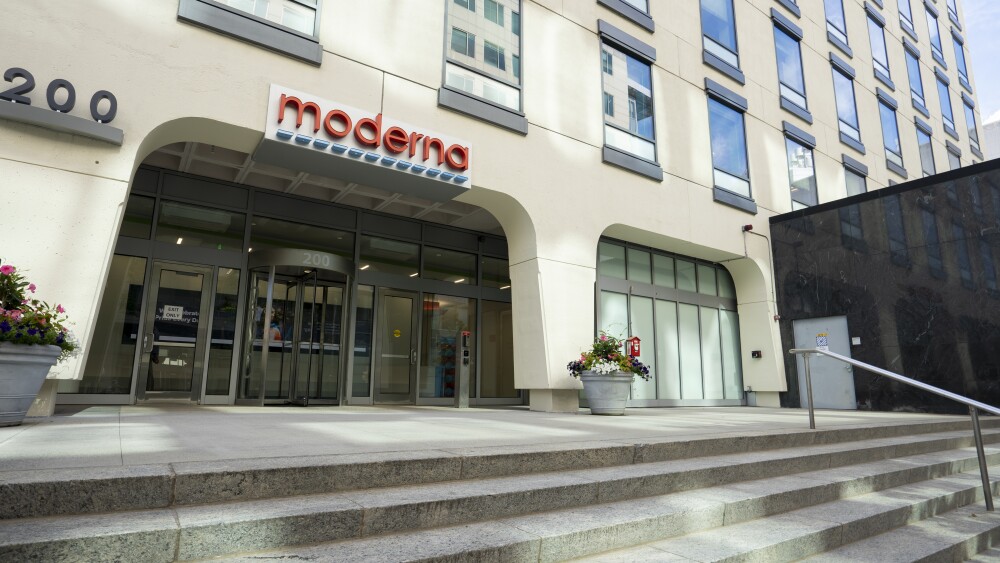BioSpace spoke with representatives of the two top-place finishers in our Best Places to Work list about their approaches to fostering an engaging workplace.
Pictured: Moderna’s headquarters/iStock, hapabapa
Not everyone has the same priorities when it comes to finding a company that’s a good fit, but many would agree on some of the essential elements that make it a bit easier to climb out of bed on a Monday morning, such as leadership that listens and makes employees feel valued, a sense of contributing to something important and of course, compensation.
The survey for BioSpace’s 2024 Best Places to Work rankings asked respondents to rate life sciences companies on seven criteria. Curious how our readers would weigh the relative importance of some of those factors, we also conducted an (unscientific) LinkedIn poll that asked what respondents thought was most important in a company: innovation, culture, career growth or flexibility and remote work.
Culture was the poll’s clear winner, nabbing nearly half of the 682 votes. “You can have all the innovation and career opportunities and work flexibility that you want, but if your culture is rotten you’ll have your best workers running for the door and the turnover rates to show for it!” one person commented.
For more in-depth perspectives on what makes for a great place to work, we also spoke with the chief human resources officers at Tessera Therapeutics, this year’s top finisher among small companies, and Moderna, which earned the top spot in the large company category for the third year in a row.
Standing Out as a Small Company
“What we’ve been able to do here was really build a culture that is centered around the employee,” said Tessera CHRO Becky Lillie. “We don’t just roll out new programs [or] systems processes from the top . . . we have our employees help us design these.” One example, she said, is benefits: Tessera used to offer just one healthcare plan but will now begin giving staff the option of either a PPO or high-deductible plan, based on employee feedback. “Our employees definitely feel they have a voice and they’re being heard,” Lillie said.
A key to Tessera’s culture, she added, is “optionality.” For example, to further their growth and development at work, employees can choose among self-learning, experiential learning or attending external professional development events. In her view, “There are so many different generations right now in the workforce that . . . you really have to provide options for your employees so that they remain committed and stick with the company.”
The Importance of Inclusivity
Similar to Tessera’s approach to decision-making, at Moderna, “We have meetings where every voice matters,” said Tracey Franklin, the company’s CHRO. “We’re not a top-down, hierarchical company—it’s the best idea wins.” Employees are rewarded based on their work’s impact on patients, she said, not internal politics or style of presentation. “It’s a focus on ideation, it’s a focus on impact, it’s a focus on collaboration and encouragement.” Perhaps as a result, Moderna has consistently been among the highest scorers on innovation in BioSpace’s survey.
The company has “a heavy investment on focusing on belonging,” Franklin said. “I can hire for diversity, I can include you at the table, but if you don’t feel like you belong and your voice is heard, then you’re not really going to feel like you can innovate and be yourself.”
“We know that our employees are everything,” Franklin concluded. “We don’t have a company without our employees, and that’s the way we approach everything we do.”
Shawna Williams is a senior editor at BioSpace. She can be reached at shawna.williams@biospace.com or on LinkedIn.






